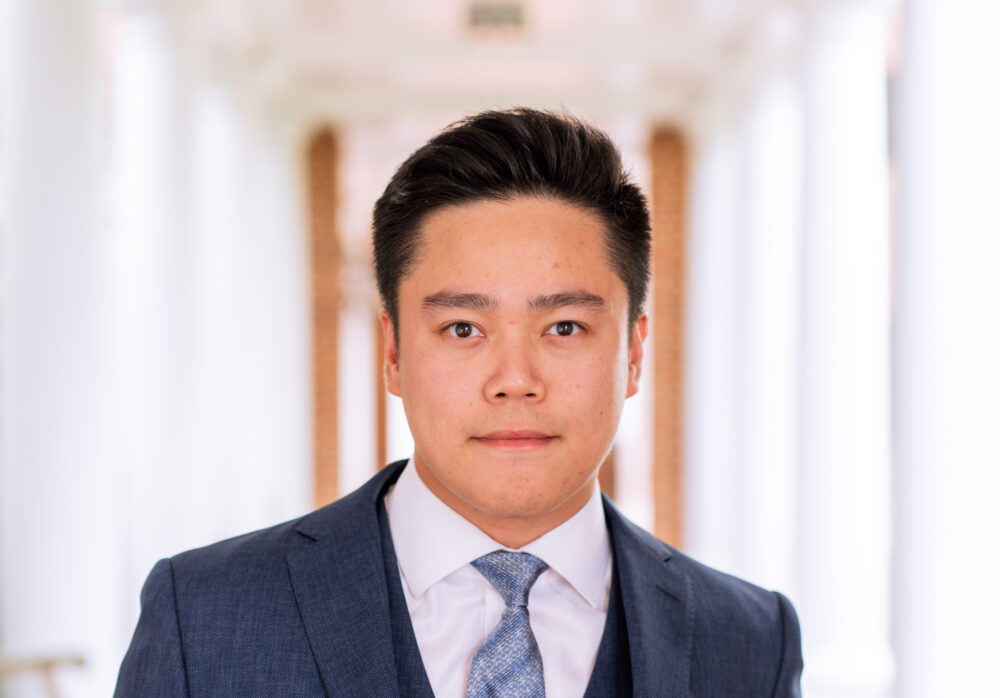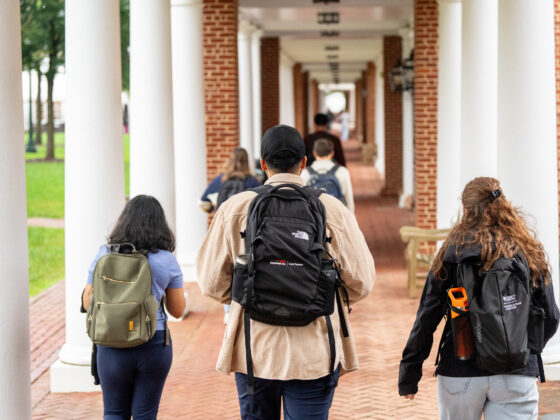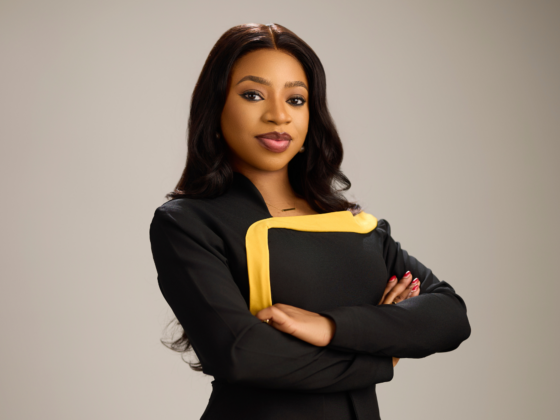Continuing with our student spotlight series, we caught up with Leon Tong, MBA Class of 2025.
So, Leon, what has been your path to pursuing an MBA at Darden?
I was born and raised in Hong Kong by entrepreneurial parents, so business conversations were a regular feature at our dinner table. Even though I chose to major in Chemical Engineering at the University of Notre Dame instead of Business Administration, I always had a feeling that my career would eventually circle back to the business world.
That intuition proved right when I moved to Utah. While working in semiconductor manufacturing, I explored the local startup ecosystem and got involved in early-stage investing. I became curious about venture capital after seeing how many founders I met struggled with fundraising – I wanted to understand the other side of the table.
That curiosity led me to work with the Park City Angels and later scout startups for Exelon’s Climate Change Investment Initiative. Through these experiences, I realized that venture capital was a career path I wanted to pursue. I also identified a gap in my financial knowledge, which is what ultimately brought me to business school.
Since starting Darden, what’s been your biggest moment of clarity?
As an engineer by training and profession, I am wired to seek facts, dig into details, and troubleshoot problems with precision. That mindset served me well in my previous career. But during Darden’s core curriculum, I found myself frustrated, especially in FMP I [Financial Management and Policies]. Our class discussions around financial modeling never seemed to lead to one right answer, which felt completely foreign to the structured, black-and-white world of engineering I was used to.
Sensing this tension, our FMP I professor and Section A faculty lead, Marc Lipson, PhD,, addressed it directly in class. He explained that the business world rarely boils down to a single number or probability; instead, it’s often shaped by perspectives, assumptions and interpretations. That moment shifted my mindset.
Embracing ambiguity and navigating uncertainty is a core part of business leadership and critical in succeeding as a venture capitalist.
Later, in my second-year electives – Corporate Financing and Corporate Financial Strategies – my favorite professor, Matthew McBrady, PhD,, echoed a similar idea. He said, “In the world of finance, people get paid for making things up and asserting their own assumptions. Our job is to uncover what’s truly possible within the realm of reality.”
That framing helped me embrace the ambiguity and realize that navigating uncertainty is a core part of business leadership and super critical in succeeding as a venture capitalist.
How have activities outside the classroom shaped the past two years?
My activities outside the classroom have primarily focused on energy transition and venture capital. Attending the ClimateCAP conference last year and representing Darden at both Chevron’s National Energy Case Competition and the Rice Cleantech Innovation Challenge allowed me to expand my network with fellow MBAs who share similar missions and goals.
As the Vice President of Venture Capital for the Entrepreneurship and Venture Capital Club, I had the opportunity not only to moderate guest speaker sessions but also to establish Darden’s first Venture Capital recruiting curriculum. I worked closely with first-year MBAs aspiring to break into venture capital, which was no small feat. Mentoring these like-minded classmates has been a true honor, and seeing seven of them secure summer internships has been incredibly fulfilling.
My summer at Piva Capital in San Francisco was an eye-opening and career-changing experience. I gained a front-row seat to the worlds of both climate technology and deep tech while being mentored by world-class venture capitalists, many of whom were former engineers, scientists, and successful entrepreneurs.
If I had to distill all my learnings into one line, it would be this: Transformative technologies can only reshape industries when paired with appropriate and scalable business models.
Looking ahead, where do you see yourself after graduation?
Since moving to the U.S., I’ve embraced life in small towns and cities, but after graduation, I am excited to transition to a major city where I feel I truly belong. While the details are still being worked out, you can expect to find me in one of the key tech hubs on either coast. I look forward to collaborating with world-class founders and scaling transformative technologies that will make a significant impact on our industry and society.





